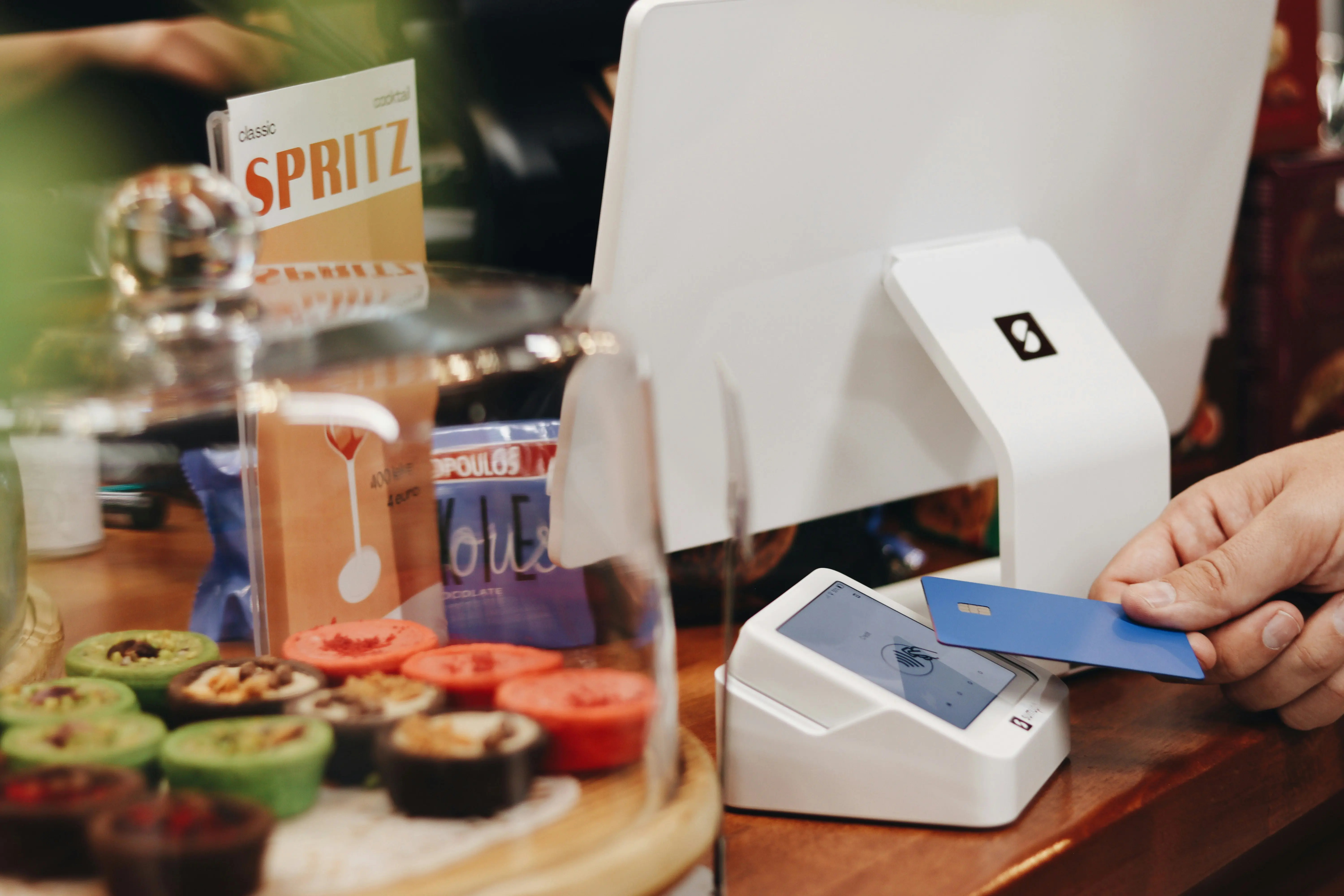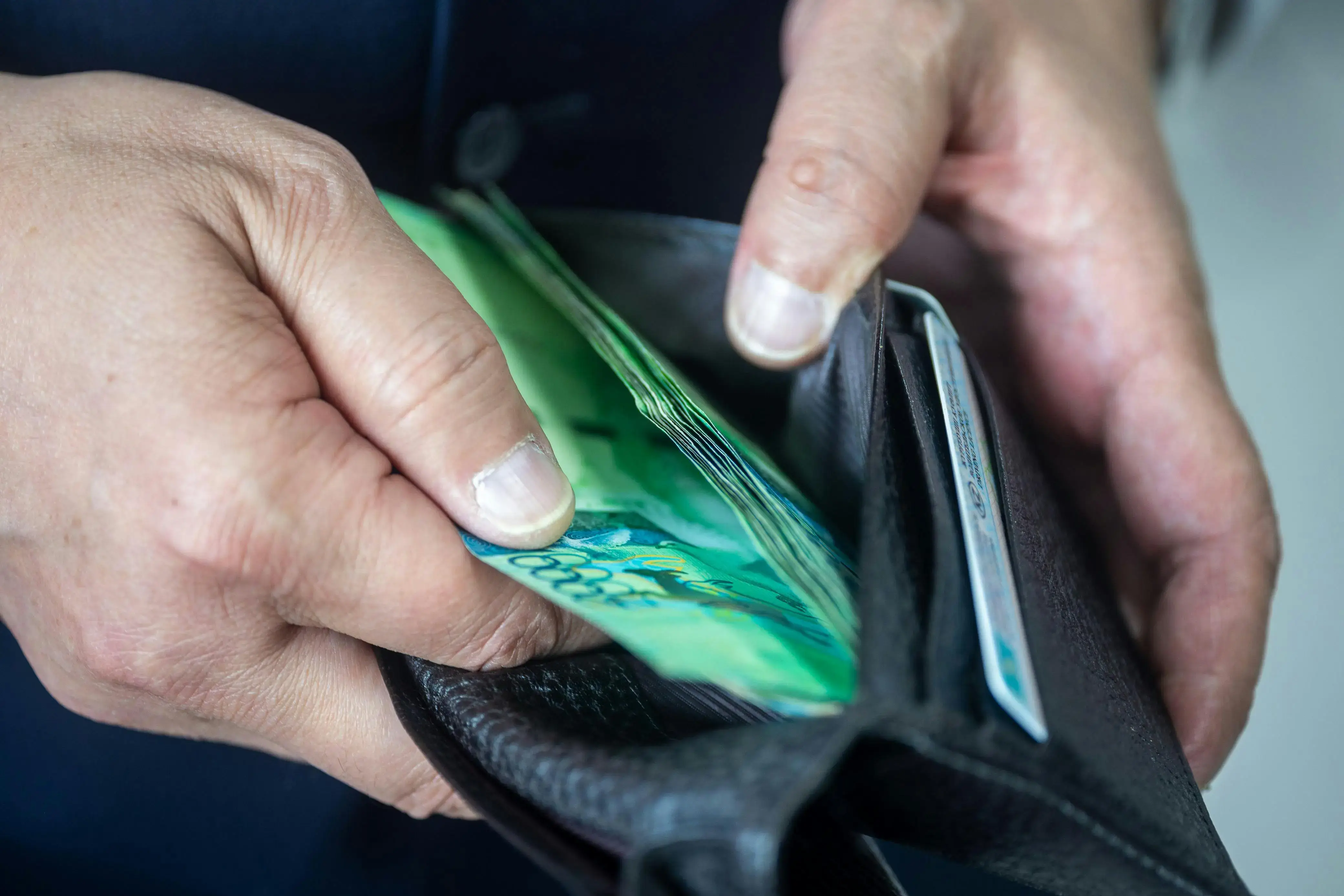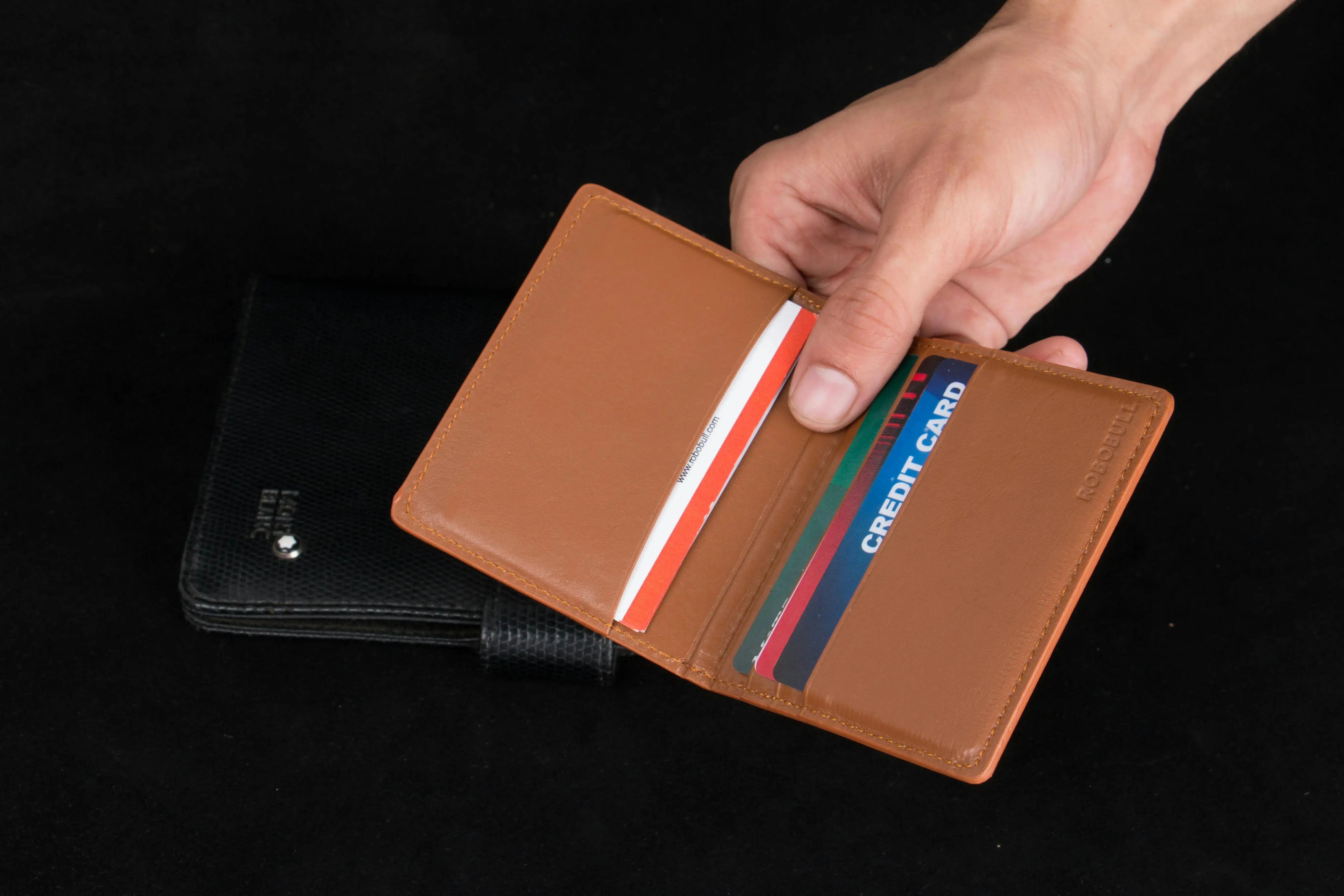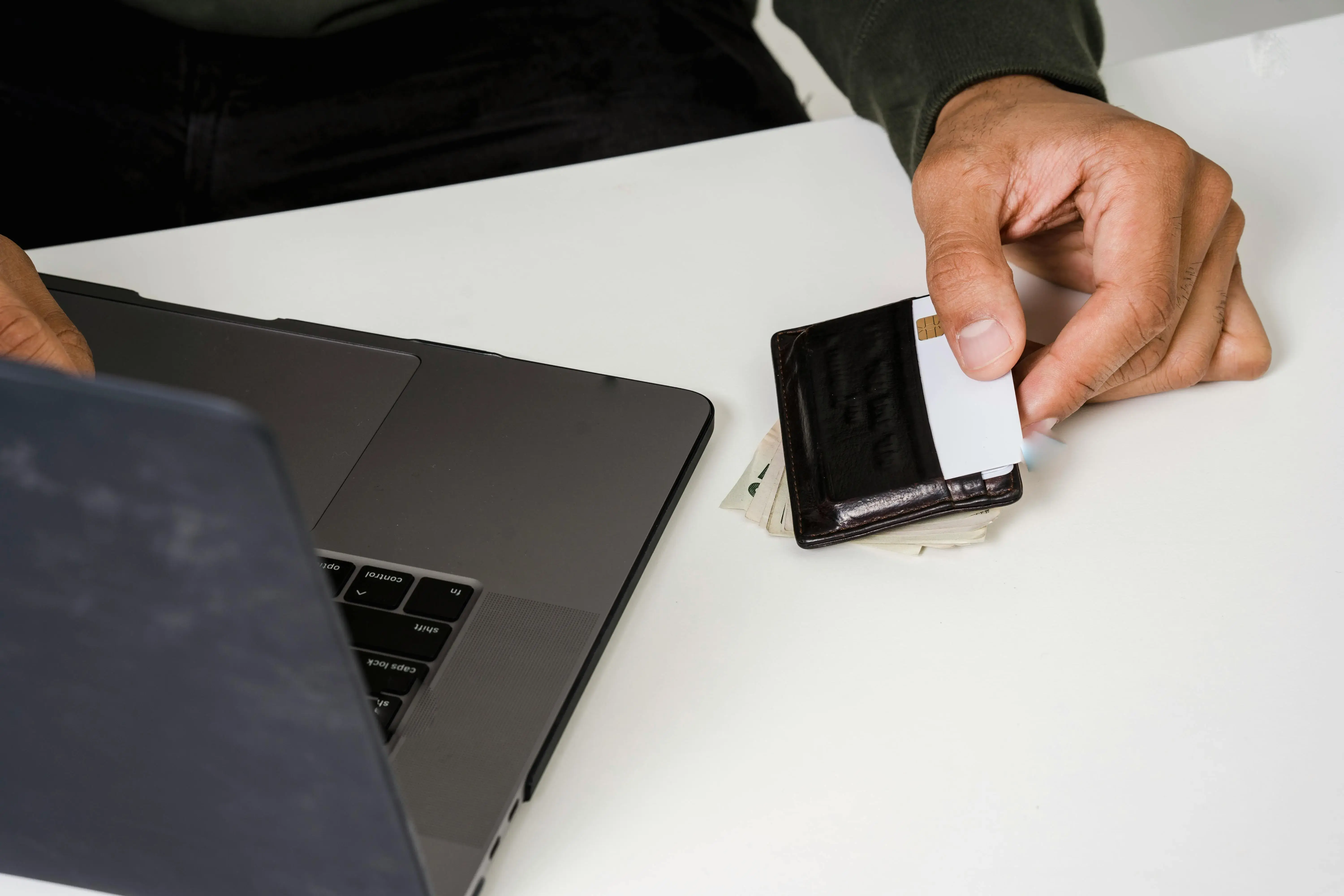
Kudos has partnered with CardRatings and Red Ventures for our coverage of credit card products. Kudos, CardRatings, and Red Ventures may receive a commission from card issuers. Kudos may receive commission from card issuers. Some of the card offers that appear on Kudos are from advertisers and may impact how and where card products appear on the site. Kudos tries to include as many card companies and offers as we are aware of, including offers from issuers that don't pay us, but we may not cover all card companies or all available card offers. You don't have to use our links, but we're grateful when you do!
Credit Report Freeze vs Lock: A Comprehensive Guide to Protecting Your Credit
July 1, 2025


What Is a Credit Freeze?
A credit freeze, also known as a security freeze, is a federally protected right that lets you restrict access to your credit report. When you implement a credit freeze, you effectively prevent potential creditors from accessing your credit report, making it nearly impossible for identity thieves to open new accounts in your name. Under federal law, all three major credit bureaus (Equifax, Experian, and TransUnion) must offer this service free of charge.
Understanding Credit Locks
A credit lock is a similar but distinct service offered by credit bureaus as part of their premium products. It provides comparable protection to a credit freeze but operates more like a virtual on-off switch, allowing you to lock and unlock your credit report instantly through a mobile app or website. Unlike credit freezes, credit locks often come with a monthly fee as part of a broader credit monitoring service.
Key Differences Between Credit Freezes and Credit Locks
Legal Protections
Credit freezes are regulated by federal law and provide strong legal protections under the Fair Credit Reporting Act (FCRA). This means you have specific rights and remedies if something goes wrong. Credit locks, while convenient, are governed by the terms and conditions of your agreement with the credit bureau, potentially offering fewer legal protections.
Cost Considerations
Credit freezes are always free, as mandated by federal law. Credit locks, however, typically require a monthly fee as part of a credit monitoring service. For example, TransUnion and Equifax offer credit locks through their premium services, which can cost anywhere from $9.95 to $29.95 per month.
Ease of Use
Credit locks offer instant access through mobile apps or websites, allowing you to quickly toggle protection on and off. Credit freezes require a PIN and may take up to an hour to implement or lift (though it's often much quicker). This process, while slightly more cumbersome, provides an additional layer of security.
When to Choose a Credit Freeze vs Lock
Choose a Credit Freeze If:
- You want guaranteed free protection
- You prefer stronger legal protections
- You don't need frequent access to your credit report
- You're protecting minor children or elderly family members
- You've been a victim of identity theft
Choose a Credit Lock If:
- You frequently apply for credit
- You value convenience and quick access
- You want additional credit monitoring features
- You don't mind paying a monthly fee
- You prefer mobile app functionality
Implementing Protection Across All Credit Bureaus
To maximize your protection against identity theft, you'll need to set up either a freeze or lock with all three major credit bureaus. Each bureau requires separate registration, whether you choose to freeze or lock your credit report. This ensures comprehensive protection against unauthorized access and fraudulent accounts.
Additional Security Measures to Consider
Fraud Alerts
Consider adding a fraud alert to your credit report for an extra layer of security. This free service requires creditors to verify your identity before opening new accounts, lasting one year (or seven years for identity theft victims).
Credit Monitoring Services
While not a replacement for freezes or locks, credit monitoring services can provide early warning of suspicious activity. They track your credit report changes and alert you to potential fraud.
Consider Using Kudos
While protecting your credit is crucial, maximizing your credit card rewards is equally important. Kudos, a free AI-powered browser extension, helps you optimize your credit card usage while maintaining security. It works seamlessly with your existing credit protection measures, whether you choose a freeze or lock.
Currently, Kudos is offering $20 back after your first eligible purchase — just sign-up for free with code "GET20" and make a purchase at a Boost merchant.
Our Expert Takeaway
Both credit freezes and locks effectively protect your credit report from unauthorized access. Credit freezes offer stronger legal protections and are free, making them ideal for most consumers. However, if convenience is your priority and you don't mind paying a monthly fee, a credit lock provides comparable protection with easier access.
Credit Report Freeze vs Lock FAQ
How long does it take to freeze my credit?
Credit freezes typically take effect within one hour of your request, though often much sooner. Thawing a freeze takes about the same time.
Can I freeze my child's credit report?
Yes, you can freeze a minor child's credit report for free with all three credit bureaus, providing important protection against identity theft.
What happens if I lose my credit freeze PIN?
If you lose your PIN, you'll need to contact the credit bureau directly and go through their identity verification process to obtain a new one.
Do I need to freeze my credit with all three bureaus?
Yes, for complete protection, you should freeze your credit with Equifax, Experian, and TransUnion separately.
Will a credit freeze affect my credit score?
No, neither a credit freeze nor a credit lock affects your credit score. They only control access to your credit report.
Unlock your extra benefits when you become a Kudos member

Turn your online shopping into even more rewards

Join over 400,000 members simplifying their finances

Editorial Disclosure: Opinions expressed here are those of Kudos alone, not those of any bank, credit card issuer, hotel, airline, or other entity. This content has not been reviewed, approved or otherwise endorsed by any of the entities included within the post.


































.webp)
.webp)



.webp)



